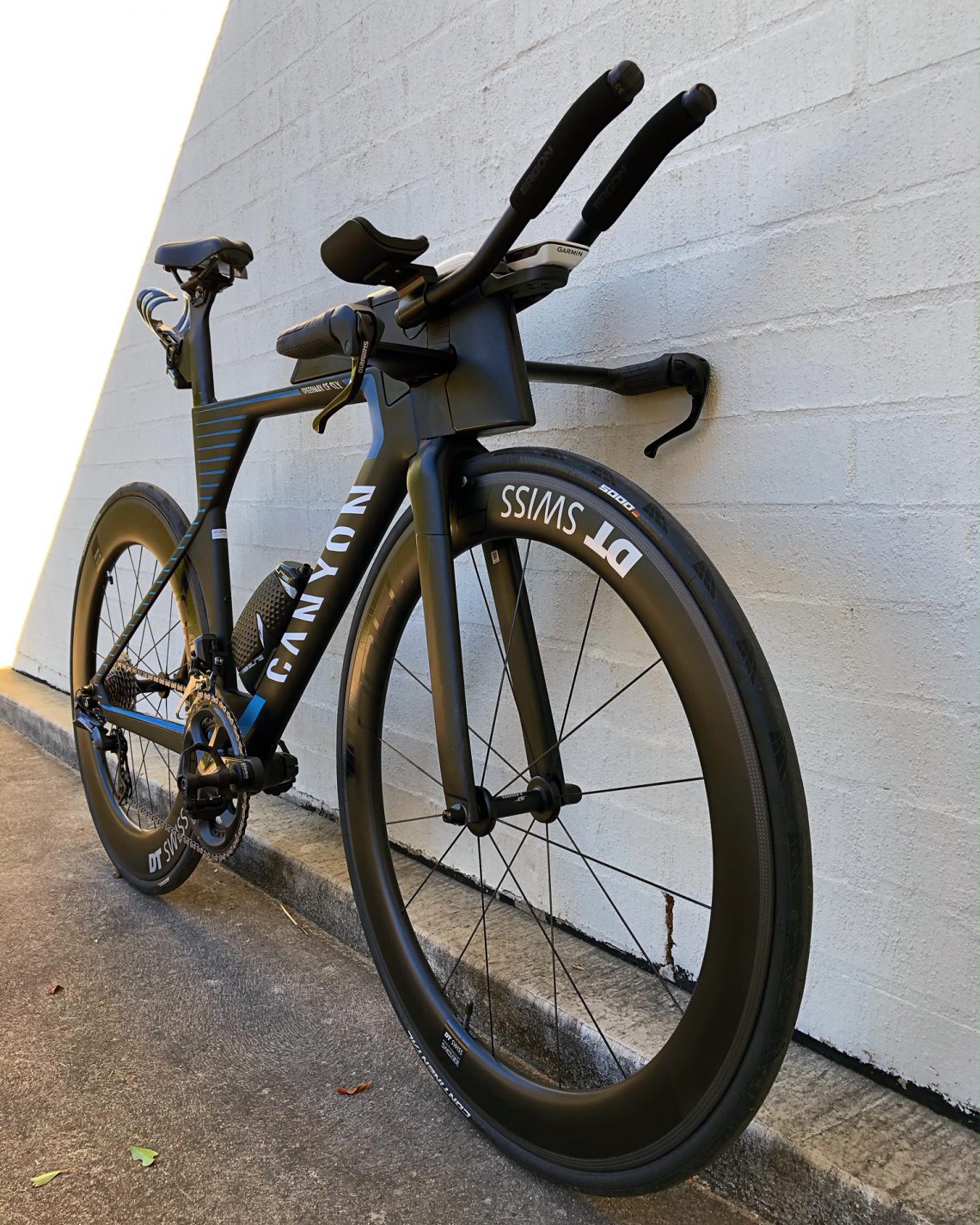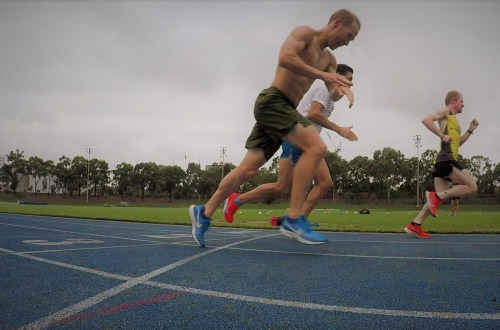
Rest
4 letters which are so critical to improving and yet as a triathlete I find it so hard to truly rest. Why is that?
My own experience has taught me that the best progress is made through consistency in training. 2 sessions each week to maintain, 3 sessions for progress, and 4+ to really focus on a particular leg of a triathlon. So ideally we have >9 sessions to be a better swimmer, stronger on the bike, and faster for the run. Add to this another rule for progression, which is to continually increase the difficulty as you improve. These training fundamentals see great boosts to fitness over time, but also is tough on the body.
When you stop training, the fitness levels start to decrease, slowly at first as you recover and then at a steady rate. I think there’s a certain fear associated with rest due to this loss in fitness. Knowing what to do with all the spare time can be worrying for those who enjoy the predictably of the day to day grind. Also, as an age grouper, rest from training is often seen as an opportunity to do the chores, that have been building up. Whatever the reason, complete rest can be a challenge to execute.
However, without rest, over time it leads to overtraining, and a plateau in fitness. Even worse, injuries become a high risk without rest, which will force large timeframes away from training. This breaks the consistency that is critical to good performance in endurance sports.
Rest is ultimately a critical part of training and progress. There are a few ways to incorporate it into training, from having a day off each week (I always have a leg off day) or doing 2-3 weeks hard training and then 1 week easy with lots of rest. However you incorporate rest, it’s definitely not something to overlook and is important for success at sport. Your body will thank you!







One Comment
James
Thanks for sharing. Good advice.